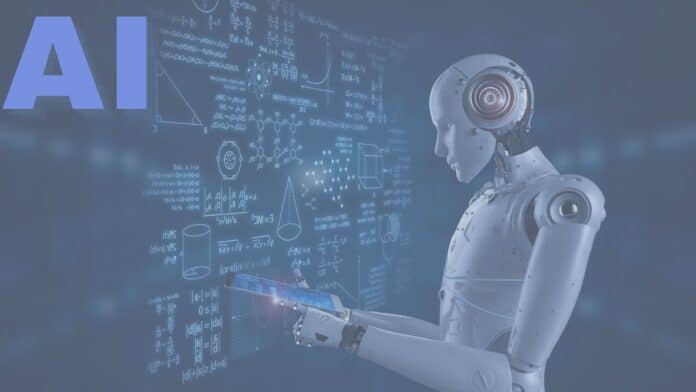Companies Experimenting with AI Systems to Manage Staff: Trends and Insights
As the world embraces artificial intelligence (AI), organizations across various sectors are exploring innovative ways to integrate AI into their operations. One significant area of focus is staff management, where AI systems are playing an increasingly vital role. Let’s delve into how companies are experimenting with AI to enhance workforce management:
1. Recruitment and Hiring
- Automated Screening: Many companies now use AI algorithms to screen job applications. These systems analyze resumes, cover letters, and other relevant documents to identify suitable candidates. By automating this initial screening process, organizations save time and resources.
- Predictive Analytics: AI-driven tools predict candidate success based on historical data. These models consider factors like skills, experience, and cultural fit to recommend the best candidates for specific roles.
2. Talent Management and Development
- Personalized Learning Paths: AI-powered learning platforms tailor training programs to individual employees. By analyzing learning preferences and performance, these systems recommend relevant courses and materials.
- Performance Insights: AI can provide real-time feedback on employee performance. Managers receive data-driven insights, enabling them to address skill gaps and optimize team productivity.
3. Employee Engagement and Retention
- Sentiment Analysis: AI analyzes employee feedback from surveys, emails, and chat logs. Organizations gain insights into employee satisfaction, stress levels, and overall well-being. This information helps improve workplace culture and reduce turnover.
- Retention Strategies: AI models predict which employees are at risk of leaving. Companies can then implement targeted retention strategies, such as personalized career development plans or flexible work arrangements.
4. Scheduling and Workforce Optimization
- Shift Planning: AI algorithms optimize employee schedules, considering factors like workload, availability, and labor laws. These systems ensure efficient staffing while minimizing overtime costs.
- Demand Forecasting: Retail and hospitality industries use AI to predict customer demand. By adjusting staffing levels accordingly, companies maintain service quality while controlling labor expenses.
5. Ethical Considerations
- Bias Mitigation: Companies must be cautious about bias in AI systems. Ensuring fairness and transparency is crucial, especially when using AI for hiring and performance evaluations.
- Human-AI Collaboration: While AI can automate routine tasks, it cannot replace human empathy, creativity, and critical thinking. Organizations should strike a balance between AI-driven efficiency and the human touch.
In summary, AI is revolutionizing staff management, but it’s essential to approach its adoption thoughtfully. Companies that combine AI’s capabilities with human intuition will thrive in the evolving workplace.




